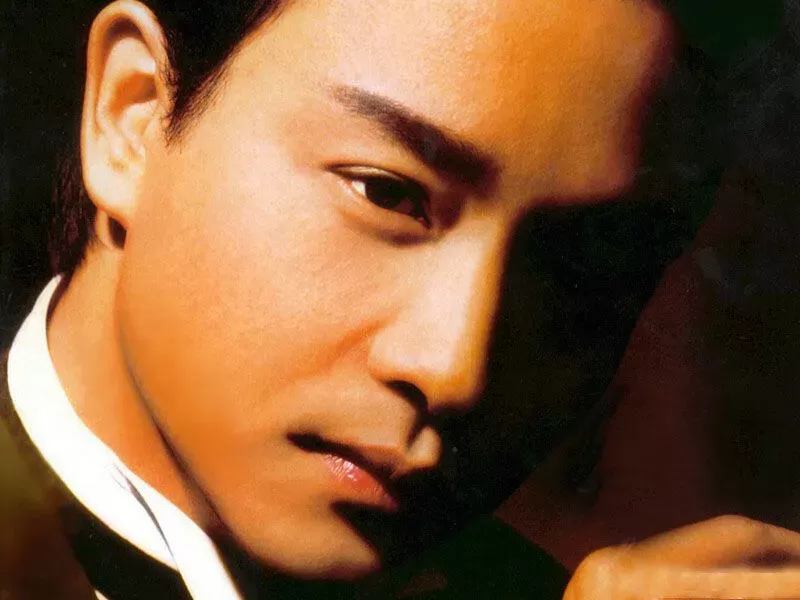
I recently rewatched “Stories of Legends” and was amazed at what a genius Peter Chan is. Through his gender-crossing script, he effortlessly connected the hearts of both gays and straight people. What’s rare is that neither side felt offended.
Leslie Cheung’s classic line in the film: “Male or female, I only know that I like you.” is particularly powerful.
Before we know it, it’s April again.
The movie “Stormy Girl” is not a top-notch masterpiece among all of my brother’s works, but it has its own charm and cleverness.
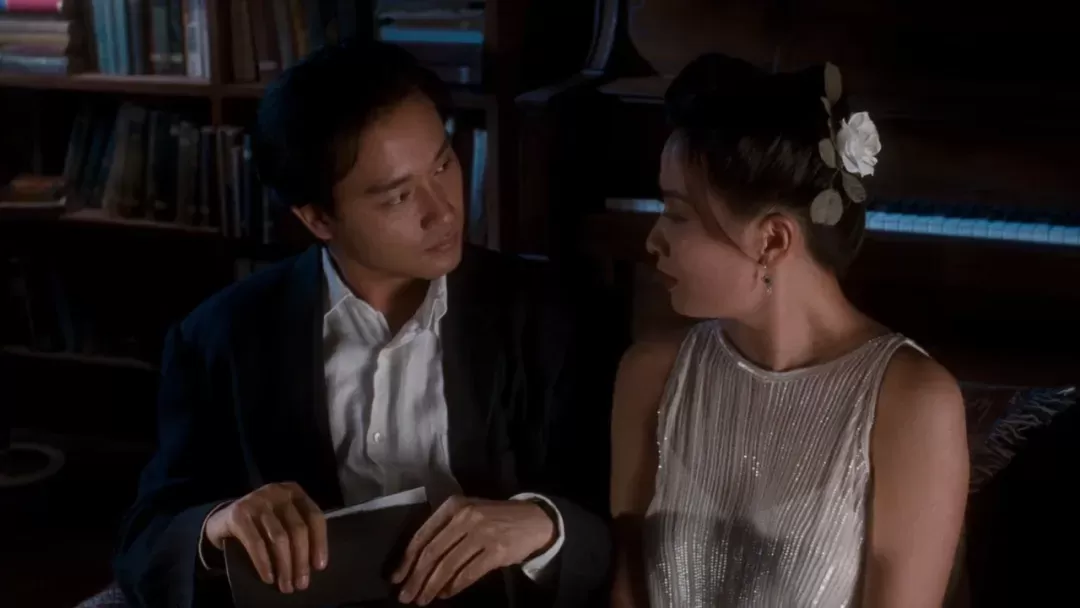
In the film, the record producer Gu Jiaming played by Brother and Rose played by Carina Lau are a golden couple in the entertainment industry. Their seemingly glamorous relationship is actually fraught with crisis. And the new singer Lin Ziying, played by Anita Yuen, who is a woman dressed as a man, breaks into their lives, like a stone thrown into a calm lake, stirring up ripples. Gu Jiaming, without knowing Lin Ziying’s true gender, is attracted by the talent and innocence of this “boy”, and falls into unprecedented emotional confusion…
The most exciting part of the movie is Gu Jiaming’s inner struggle after he discovered the truth. He sat alone in front of the piano, his fingers unconsciously tapping the keys, his eyes intertwined with confusion, resistance and undeniable throbbing. This three-minute long scene without dialogue relies entirely on the brother’s micro-expressions and body language to convey his complex emotions.
The whole emotional buildup reached its climax when he finally said that classic line to Lin Ziying in the elevator – this was not a simple declaration of love, but a sincere response of one soul to another, which had nothing to do with physical structure.
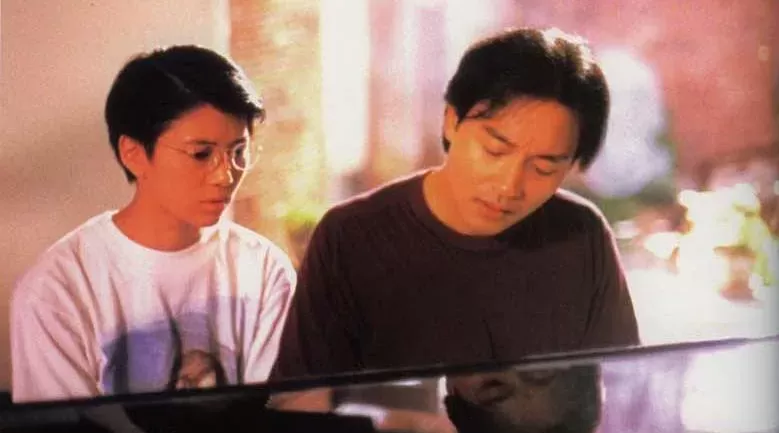
The film was ahead of its time in many ways. First, it boldly explored the issue of gender fluidity in the mid-1990s, nearly two decades before mainstream society accepted such concepts. The character of Lin Ziying blurred the traditional gender boundaries – she was not simply a woman dressed as a man, but switched gender expressions freely in different situations. More importantly, the film did not pathologize or demonize this fluidity, but presented it as a natural state of existence.
Secondly, the film deconstructs the homophobic narrative that was prevalent at the time. Gu Jiaming’s panicked reaction when he mistakenly thought he was in love with a person of the same sex truly reflects the social atmosphere of the 1990s. However, the film does not stop at this level, but allows the protagonist to eventually transcend the limitations of gender cognition and face the pure essence of emotions. This treatment method was groundbreaking at the time and opened up new ideas for subsequent LGBTQ+-themed films.
Leslie Cheung’s public image forms a subtle intertextual relationship with the theme of the film. As one of the first superstars in the Chinese entertainment industry to publicly express his homosexuality, his portrayal of such a character on screen invisibly gives the film a richer layer. Because his sexual orientation was once the focus of media attention and a hot topic of public discussion, in an era when gender issues were still conservative, his existence itself was a challenge.
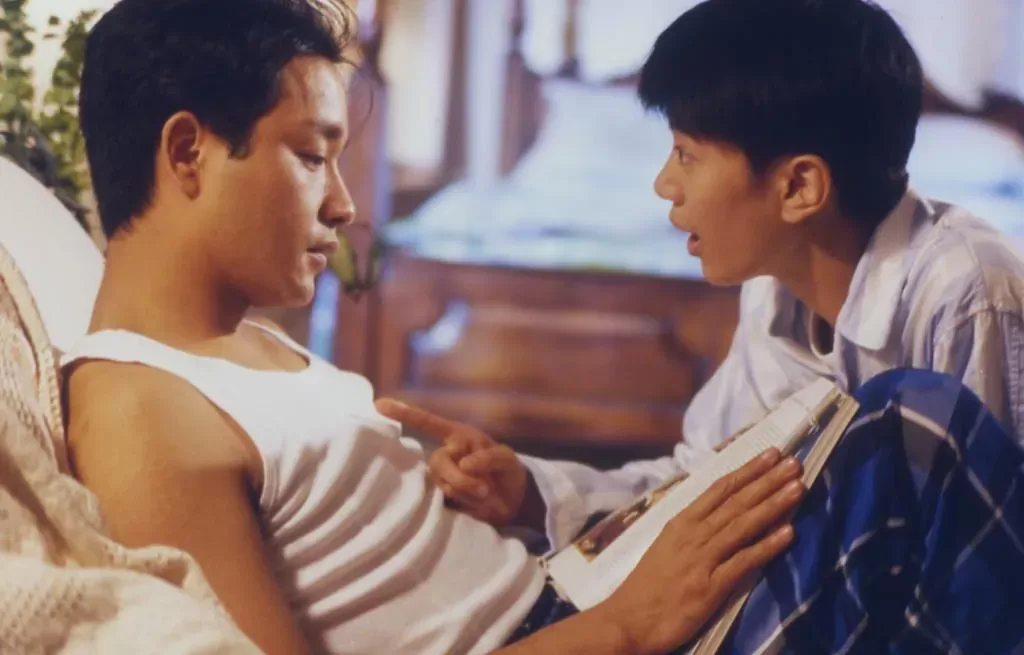
However, the public’s excessive attention to the brother’s private life precisely reflects the society’s narrow perception of gender and sexual orientation – people are always eager to put clear labels on everyone, as if only classification can bring a sense of security. But his artistic expression and life choices continue to break this binary thinking mode. In “Golden Branches and Jade Leaves”, he is not only performing a role, but also interpreting his understanding of love to some extent – unrestrained and beyond the world.
Watching “Stories of Legends” again many years later, you will find that it is not only not outdated, but even more precious. In today’s society, although gender issues are more discussed, stereotypes and discrimination still exist. The tolerance and understanding conveyed by the film – loving someone is about their essence rather than social labels – is still a universal value that needs to be constantly appealed.
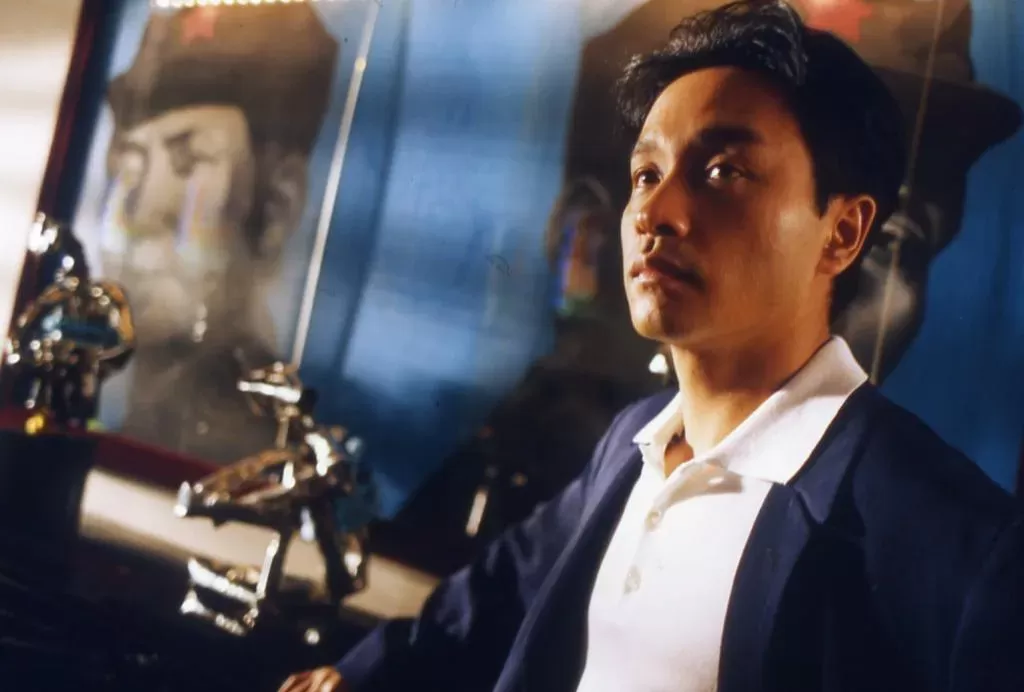
“I’ve been making progress in my life, but I’m missing someone at this moment.” The lyrics of the movie theme song are like an annotation of my brother’s life. This perfectionist who has been constantly breaking through in the art world all his life finally chose to turn around at the most glorious moment, leaving behind only the white sea of flowers in front of the Mandarin Oriental Hotel every year and the song “Chasing” gently flowing in the streets and alleys …
The scene in the movie where Gu Jiaming plays and sings “Chasing” at the piano has become one of the most touching moments in the history of Chinese-language films. The brother’s slightly drooping eyelashes cast tiny shadows under the light, his slender fingers flow on the keys, and his singing hides endless stories. This scene is so private and so public, just like his life – presenting the most authentic self to the world without reservation, but always maintaining a heartbreaking sense of alienation.
“With you, I am smiling even when I am asleep.” Remember the beauty he brings, and then walk into this April in the world.

